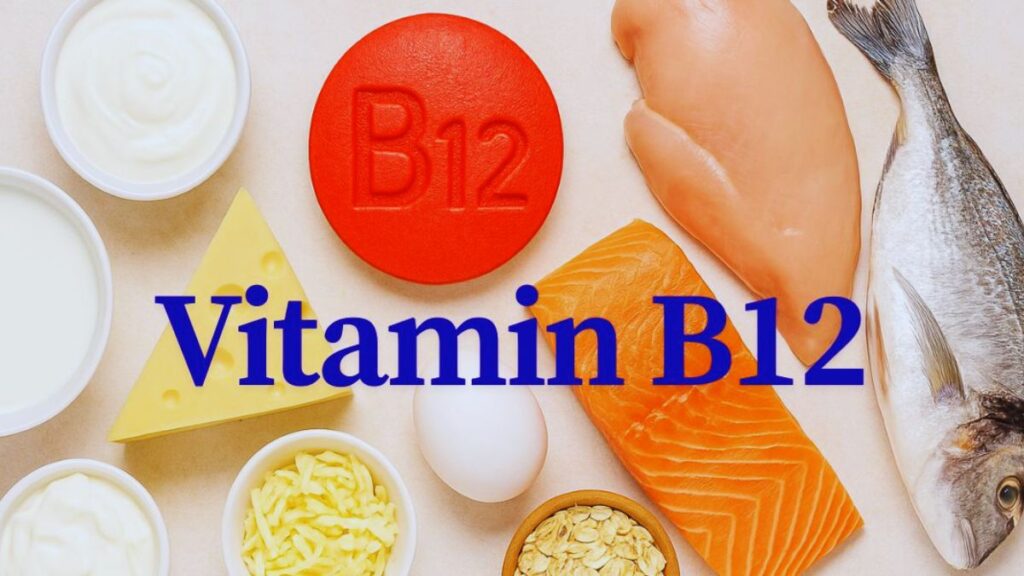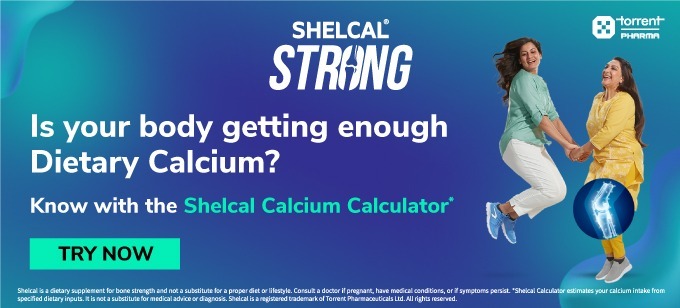Vitamin B12, or cobalamin, is one of the most vital nutrients the body needs to survive. Unlike many other vitamins, the body cannot produce B12 on its own. It must be obtained through diet or supplements. This essential nutrient plays a key role in the production of DNA, red blood cells, and the proper functioning of the nervous system. Without it, the body slowly begins to break down, often with serious and sometimes irreversible consequences.
How Vitamin B12 Deficiency Shows Up
A lack of Vitamin B12 develops gradually, and in many cases, the symptoms go unnoticed until they become severe. The earliest warning signs resemble anaemia and may include:
- Persistent tiredness or fatigue
- Weakness and pale skin
- Dizziness and shortness of breath
- Heart palpitations
If left untreated, the deficiency worsens, leading to nerve and brain-related symptoms:
- Tingling or numbness in the hands and feet
- Muscle weakness and difficulty in walking
- Memory lapses and confusion
- Mood swings, depression, or irritability
- Painful red tongue, appetite loss, weight loss, and digestive problems such as diarrhoea

Who Is Most at Risk of Vitamin B12 Deficiency?
Certain groups of people are more prone to falling short on this nutrient:
- Older Adults: The body’s ability to absorb B12 decreases with age.
- Vegans and Vegetarians: Since natural sources are primarily animal-based, plant-based eaters are at higher risk.
- People with Digestive Issues: Conditions like Crohn’s disease, coeliac disease, or those who have undergone bariatric surgery may not absorb B12 properly.
- Patients on Medication: Drugs such as metformin (for diabetes) and acid-reducing medicines can interfere with absorption.
- Others at risk: Heavy alcohol consumers, people with HIV/AIDS, or those with poor nutrition also fall in this category.
Risks of Ignoring Vitamin B12 Deficiency
If untreated, Vitamin B12 deficiency can cause serious health complications:
- Nerve Damage: Long-term shortage can damage the spinal cord and nerves, leading to permanent numbness or even paralysis.
- Heart Problems: Severe anaemia caused by deficiency strains the heart, raising the risk of heart failure.
- Cognitive Decline: Studies link low B12 to memory loss, confusion, and dementia-like symptoms. Early treatment can reverse some effects.
- Stroke and Heart Risk: Low B12 raises homocysteine levels in the blood, a key risk factor for vascular diseases.
- Pregnancy Complications: Infertility, miscarriages, and birth defects are linked to long-term deficiency.
- Stomach Cancer: People with pernicious anaemia, an autoimmune cause of B12 deficiency, face a higher risk of gastric cancer.

Top Nutritional Foods Rich in Vitamin B12
Since Vitamin B12 is mostly found in animal-based foods, it is essential to include them in your diet or opt for fortified alternatives if you are vegetarian or vegan. Some of the best food sources of Vitamin B12 include:
- Shellfish (Clams and Oysters): Among the richest natural sources of B12. A small serving can provide several times the daily requirement.
- Fish (Salmon, Tuna, and Sardines): Fatty fish not only offer high levels of B12 but also supply omega-3 fatty acids, beneficial for heart health.
- Meat (Beef and Liver): Beef liver is particularly packed with B12, along with iron and other essential vitamins.
- Poultry (Chicken and Turkey): Good lean sources of B12, especially for those who avoid red meat.
- Eggs: The yolk contains a good amount of B12 and is an excellent option for vegetarians.
- Dairy Products (Milk, Cheese, Yogurt): Easily accessible sources of Vitamin B12 for vegetarians.
- Fortified Foods: Plant-based eaters can rely on fortified cereals, plant-based milk, and nutritional yeast enriched with B12.
- Seafood (Crab, Shrimp): These offer a healthy dose of B12 along with protein and minerals.
For vegans, fortified foods and B12 supplements remain the most reliable sources, as plant foods naturally lack this vitamin. Recent studies highlight that Vitamin B12 deficiency is more common than previously thought. Research links it strongly to neuropathy, memory decline, stroke, and even mood disorders. Experts emphasize early diagnosis and treatment—through diet changes or supplements—as crucial to preventing irreversible damage.
Vitamin B12 is a nutrient you cannot afford to ignore. Its deficiency may start with mild fatigue but can escalate into nerve damage, cognitive decline, and life-threatening complications. Ensuring a diet rich in B12-rich foods or taking supplements when necessary is the most effective way to stay healthy. Regular check-ups and early treatment are key to avoiding long-term consequences.
FAQs on Vitamin B12
1. What is Vitamin B12 and why do we need it?
Vitamin B12 (cobalamin) is a water-soluble vitamin essential for producing red blood cells, maintaining nerve health, and supporting brain function. Since the body cannot produce it naturally, it must come from food or supplements.
2. Which foods are rich in Vitamin B12?
The best natural sources are animal products such as meat, fish, eggs, dairy, and shellfish. Vegetarians and vegans should look to fortified foods or supplements.
3. What are the early signs of Vitamin B12 deficiency?
Fatigue, weakness, pale skin, dizziness, and breathlessness are common early symptoms. Neurological signs such as tingling, numbness, or mood changes may appear if left untreated.



